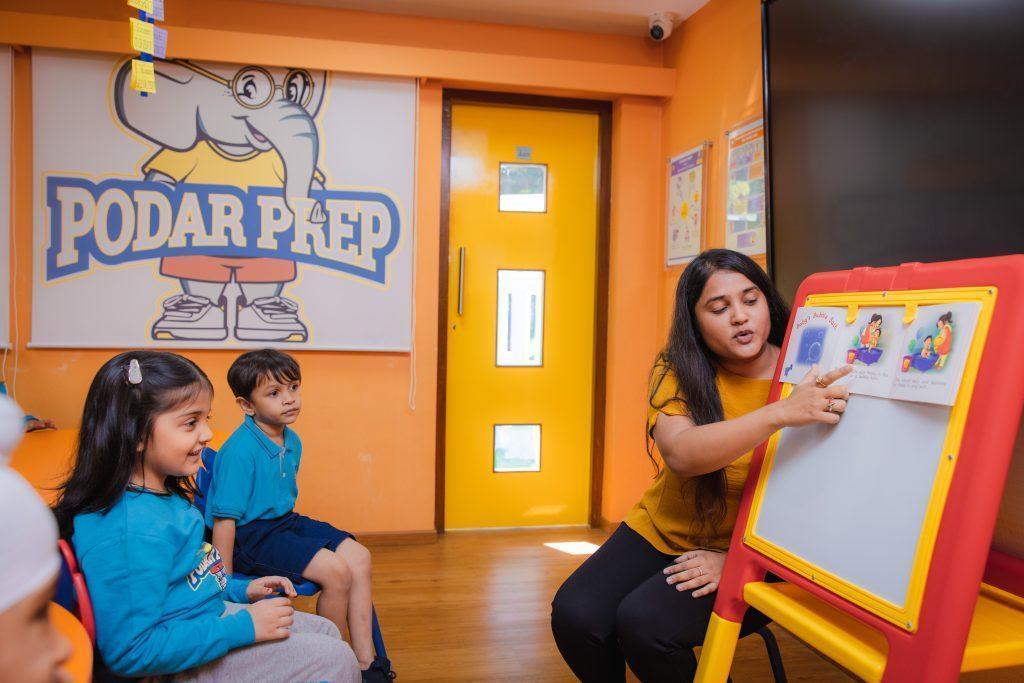As parents, we all strive to provide the best possible education for our children, and the Montessori method has gained considerable popularity as an alternative approach to traditional education. Developed by Dr. Maria Montessori, this educational philosophy focuses on fostering independence, self-directed learning, and holistic development in children. One common question parents often ask is, “What is the best age to introduce a child to Montessori education?” In this article, we will explore the ideal age for Montessori education and the benefits it offers at different stages of a child’s development.
The Montessori Age Range
The Montessori approach is primarily designed for children between the ages of 2.5 and 6 years old, corresponding to the preschool and kindergarten years. During this formative period, children are like sponges, absorbing knowledge, and developing their cognitive, social, and emotional skills. The Montessori environment is uniquely suited to support their growth.
Benefits of Montessori at Preschool Age (2.5-3 Years)
-
Independence: At this age, children are eager to assert their independence. Montessori classrooms provide an environment where children can choose their activities and work at their own pace. This fosters a sense of responsibility and self-reliance.
-
Language and Communication: Montessori materials are designed to help children develop language skills, vocabulary, and effective communication. This is particularly crucial during the preschool years when language acquisition is rapid.
-
Sensorial Exploration: The Montessori materials engage a child’s senses, helping them explore the world around them. This hands-on learning approach is ideal for preschoolers who learn best through touch, sight, sound, and movement.
Montessori for Ages 3-6 (Preschool and Kindergarten)
-
Self-Directed Learning: Montessori classrooms encourage children to follow their interests and passions, promoting a love for learning that lasts a lifetime. The 3-6 age group is particularly receptive to this approach.
-
Social Development: Montessori environments emphasize cooperation and respect for others, fostering essential social skills. Children learn to work independently and collaboratively, building a strong foundation for future relationships.
-
Math and Literacy Skills: The Montessori materials for math and language development are highly effective at this age. Children gain a deep understanding of mathematical concepts and reading, setting them up for academic success.
Extended Montessori Education
While the core Montessori age range is 2.5 to 6, many Montessori schools offer programs for elementary, middle, and even high school students. The Montessori philosophy can be adapted to older age groups, with a continued focus on self-directed learning and exploration.
Choosing the Right Montessori Program
When considering Montessori education for your child, it’s essential to research and choose a school or program that aligns with your child’s age and developmental needs. Each Montessori school may have a unique approach and philosophy, so it’s crucial to visit and observe the environment to ensure it’s the right fit for your child.
Conclusion
The Montessori method offers a unique and effective approach to education at various stages of a child’s development. While the core age range is 2.5 to 6, the principles of independence, self-directed learning, and hands-on exploration can benefit children of all ages. By understanding the ideal age for Montessori education, you can provide your child with a strong educational foundation and a lifelong love for learning.

